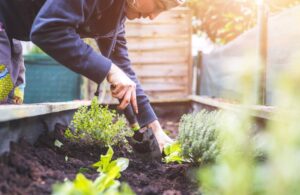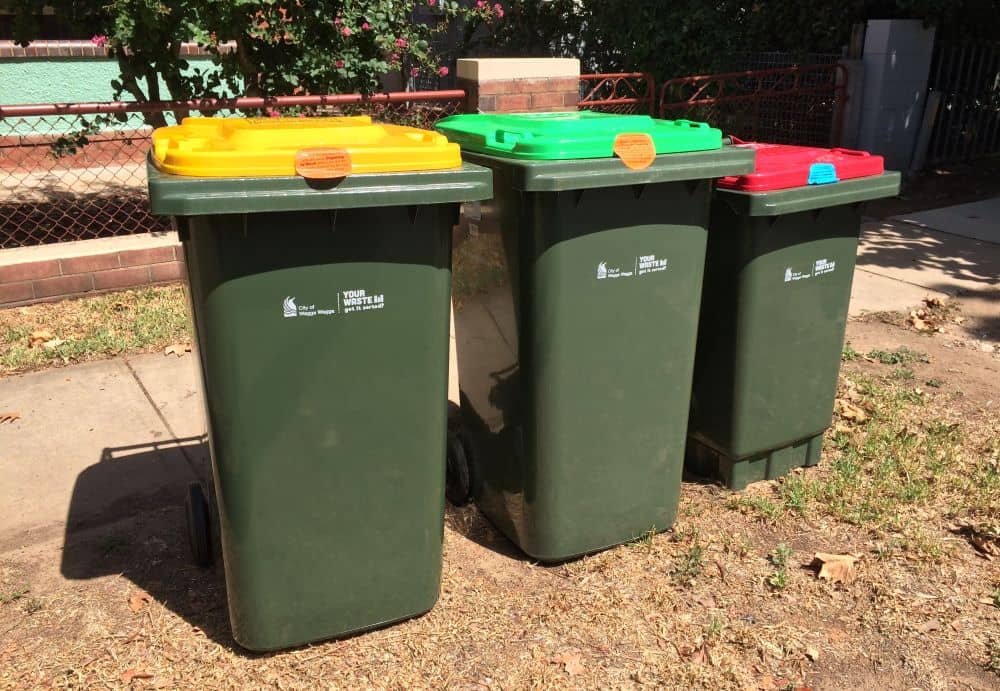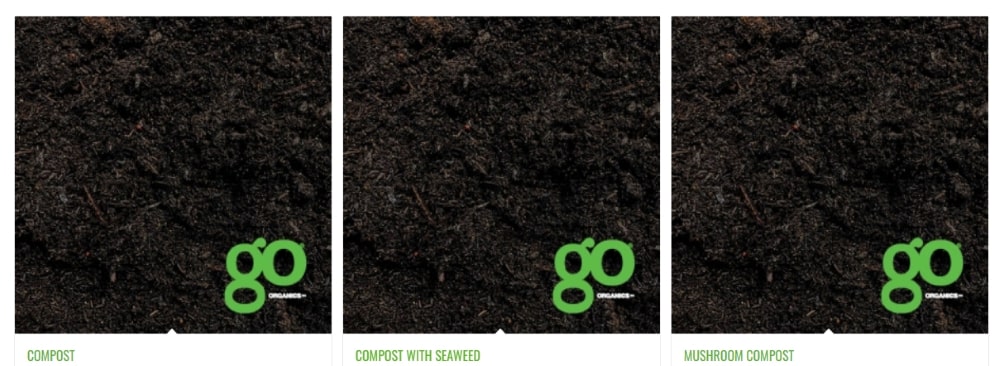A Guide to FOGO – Food Organics and Garden Organics in WA

To ensure your plants’ healthy and fast growth, you must get soil with all the proper nutrients. It should also be free of chemicals to avoid affecting the pH of your plants, ensure you are healthy, and protect the environment.
At Bibra Lake Soils, we help you grow the garden of your dreams by providing soils and conditioners made with FOGO. Unlike other companies, our products have no chemicals. This means there are no harmful chemicals in the soil and you don’t have to worry about ruining the pH balance of your soil or damaging other plants around you.
All of our products are 100% organic and free from chemicals that could be potentially harmful to your health when ingested.
What Is FOGO?
FOGO means Food Organics and Garden Organics, including waste from fruits, vegetables, meat, fish, processed food, bread, egg shells, tea bags, chicken, bread, dairy, products, and other food wastes from a household or commercial premises.
These waste products are processed and turned into compost instead of being sent to landfills. Research has shown that many greenhouse emissions in landfills are from decomposing organic matter. As they decompose, they also release methane, and their nutrients are left in landfills, which could have otherwise been used to grow other plants.
The FOGO Cycle
The FOGO cycle helps you separate waste into compostable, recyclable, and other waste. The collection is usually done weekly, and the system has three bins, each for specific types of waste.
1. 240 Litre Lime Green Lid FOGO Bin
This is the bin where you should throw all food organics, including raw and cooked food, bread, eggs, egg shells, bones, coffee grounds, tea leaves, fruits and vegetable waste, and garden organics like grass clippings and pruning.
You can also add other things like pet poo, spoiled cardboard, tissues, and shredded paper into the FOGO bin. You should throw this waste directly into the bin and wrap it in a newspaper or a compostable liner. You should also remove all packaging papers, labels, and stickers as those go into another bin.
2. 240-litre Yellow Lid Recycling Bin
This bin is for recyclable materials, and it is collected fortnightly. Things you can throw in this bin include clean, flattened cardboard, paper, plastic bottles or containers, glass, steel cans, and aluminium cans.
All the items you throw in this bin should be empty and clean. You should also remove all the lids and throw them loosely into the bin. The paper should not include paper towels and tissue, as those go in the lime green lid bin. You should also not include soft plastic as that goes in the third bin.
3. 140-litre Red Lid General Waste Bin
This is the last bin where you should throw everything else that doesn’t go into the other bins. Like the recyclable bin, it is usually collected fortnightly.
Some things to throw in this bin include soft plastics, nappies, polystyrene, hygiene items, straps, ropes, hoses, plastic bags, meat trays, toys unfit for donation, and tiles. Soft plastics include cereal bags, chip packets, sweet wrappers, and lids on microwavable or ready meals.
Some things like electronic waste, batteries, paint, household chemicals, and light globes do not go into any of these bins and require that you drop them off at suitable locations.
You will also find a kitchen caddy in the bins and information about all the acceptable waste for each bin. They also include a year’s supply of compostable liners for your FOGO and a collection calendar.
FOGO Benefits
- It is environmentally friendly: Composting food organics and garden organics helps reduce the carbon footprint they emit when sitting in landfills. The organic soil and conditioners from the composting process are also clean and safe for your soil, plants, and health.
- Saves you money: Composting is cheaper than sending the waste to landfills.
- Helps conserve natural resources: By separating organic and recyclable waste, it is easier for recycling to take place, preserving natural resources.
FOGO FAQs
- What Is a Kitchen Caddy?
A kitchen caddy is a container you can use to collect food scraps in your kitchen, like food leftovers. It would help if you lay the compostable liners in the caddy to offer a barrier between the waste and your kitchen caddy.
You can use a newspaper to line your kitchen caddy or not line it. Once your caddy is full, tie the liner or newspaper, then throw the waste into your FOGO bin.
- How Can I Make My Liners Last Longer?
The compostable liners last for different periods depending on the amount of waste you have. However, the average time is three to four days.
Moisture makes them compost faster, so ensure your waste is as dry as possible. You can also add a newspaper or paper towel over the liner to prevent water from the waste from reaching it. Also, store your liners away from heat and sunlight.
- What if I Don’t Have a FOGO Bin?
The FOGO cycle started for people who already had wheel bins. However, if you did not get a bin, you can purchase one from several online outlets. Even if you do not have a lot of food organic or garden organic, it is essential to have a FOGO bin because it encourages maximum recovery of organic waste.
- How Much Will It Cost Me?
All councils have funding from the Waste Authority to help pay for purchasing the bins and reduce the cost on your end. However, you might incur a $10 charge for collection and processing.
- Will My Bin Smell?
Most of the waste that causes smells will now go into your FOGO bin, meaning that your recyclable and general waste bin will have little to no smell. Since the food organics and garden organics bin will be collected weekly, you will not have to experience a lot of smell from it.
Some of the things you can do to reduce the smell include:
-
- Wrap the waste in compostable bags or newspaper
- Layer food waste with dry water or materials like grass clippings, shredded paper, and pruning
- Freeze food waste with strong smells like seafood before putting them in the bin and wait till the night before collection to add them in
- Keep the bins under a shade with lids closed
- Ensure your bin has no holes
- Sprinkle vinegar, baking soda, lemon juice, or kitty litter in the bin after it has been emptied
- Clean your bin regularly using hot soapy water
- Drain the poop in the toilet before adding diapers into the red bin
- What if I Already Have a Home Compost?
Home compost is a good idea because you will not have to buy soil or toppings. However, having a FOGO bin is still essential because that takes excess waste that you can add to your compost. A perfect compost requires a balance between green and brown matter.
Therefore, your excess grass clippings, leaves, and food waste go into the bin. You can also add things like onion waste, egg shells, citrus, potato peels, and dairy products that worms don’t like to the bin.
- My Bin Is Always Full, What Do I Do?
If you have a large household, that increases your waste, meaning your bin could fill before the collection date. To minimise this, ensure you shred the waste into as small pieces as possible. If your recycling bin gets full before collection, try flattening the cardboard boxes and lining them along the bin’s edges.
FOGO is the Way to Go
At Bibra Lake Soils, we support FOGO collection and processing and even work with GO Organics, a brand that uses food organics and garden organics as the main ingredients in their soil mix.
We stock GO Organics landscape mix, veggie mix, mushroom compost, soil conditioner, and lawn mix, made using poultry manure, composted garden organics, chicken manure, mushroom compost, sheep manure, and organic matter with bone and blood.




